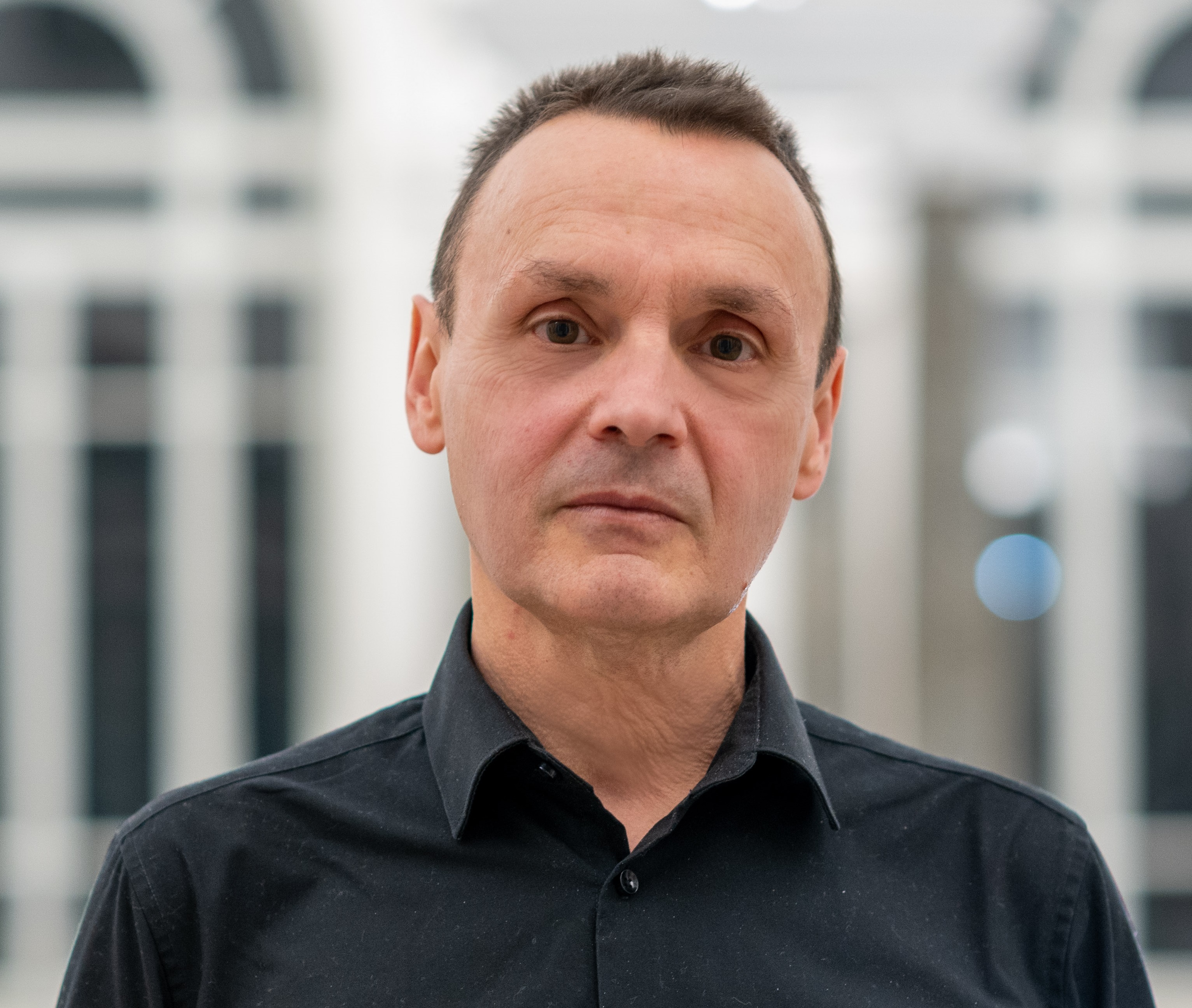Personal Information
- Full Name : Alberto Guadagnini
- Date of birth : 26 October 1964
- Role : Professor and Vice Rector for Research
- Email : alberto.guadagnini@polimi.it
- Office : Piazza L. Da Vinci, 32
- Telephone : +39-02-23996263
Full Professor of Hydraulic and Water Engineering (since 2003) and Vice Rector for Research (since 2023) at Politecnico di Milano. Director of the Department of Civil and Environmental Engineering (Politecnico di Milano, 2017 - 2022).
2024 Henry Darcy Medal (European Geosciences Union). 2024 InterPore Medal for Porous Media Research (International Society for Porous Media). Elected International Member of the United States National Academy of Engineering (2024). Recipient of the Chaire Gutenberg and Prix Gutenberg 2018 (Award by Cercle Gutenberg and Région Grand-Est, France, for research on Climate change and water cycle in Upper Rhine Basin). Elected Member of the European Academy of Sciences and Arts (2021).
Main research activity is related to qualitative and quantitative aspects of flow and transport process across porous media (from nano- to field-scale), groundwater systems, and underground energy resources (more than 200 ISI publications; research group at: www.mipore.polimi.it). Key roles in EU framework projects (FP5-FP7, H2020: Coordinator, Deputy Coordinator, Project leader, Supervisory Board member, and PI of numerous research projects funded by the industrial sector). Chair of the Communication Committee of the International Society for Porous Media (Interpore; 2016-2023). Chair of the Committee on Groundwater Hydraulics and Management of the International Association for Hydro-Environment Engineering and Research (IAHR).
Chief Executive Editor of the Journal Hydrology and Earth System Sciences (European Geosciences Union). Associate Editor of the Journal Water Resources Research (American Geophysical Union). Editorial Board, Board of Reviewing Editors: PNAS NEXUS (The National Academy of Sciences of the United States of America).

